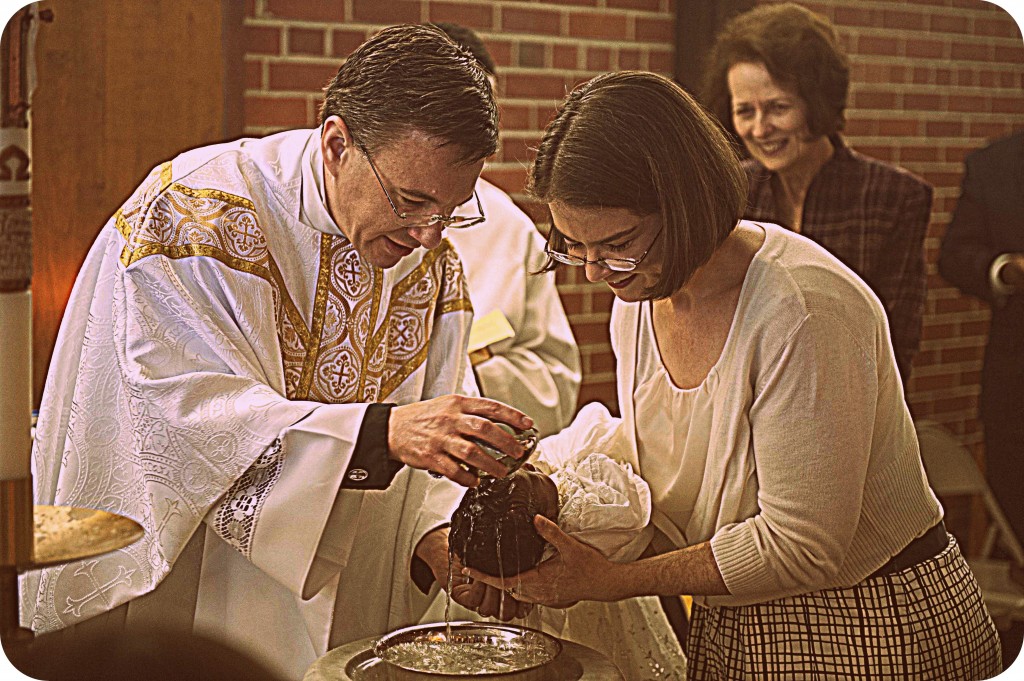Offered without comment… Regarding the recent FiveTwo Wiki14 conference, an acquaintance on Facebook, Jeffrey K. Radt, writes: I’m sorry, but as a “Newtheran” I can’t find any way to “put the best construction” on any of it—the conference itself, those who participated, those who support all of it, and those who have remained silent when we expect them to speak “the truth in love” (Ephesians 4:15) in this case. St. Paul writes in Galatians 1:6-10 (ESV): I am astonished that... Read more
















